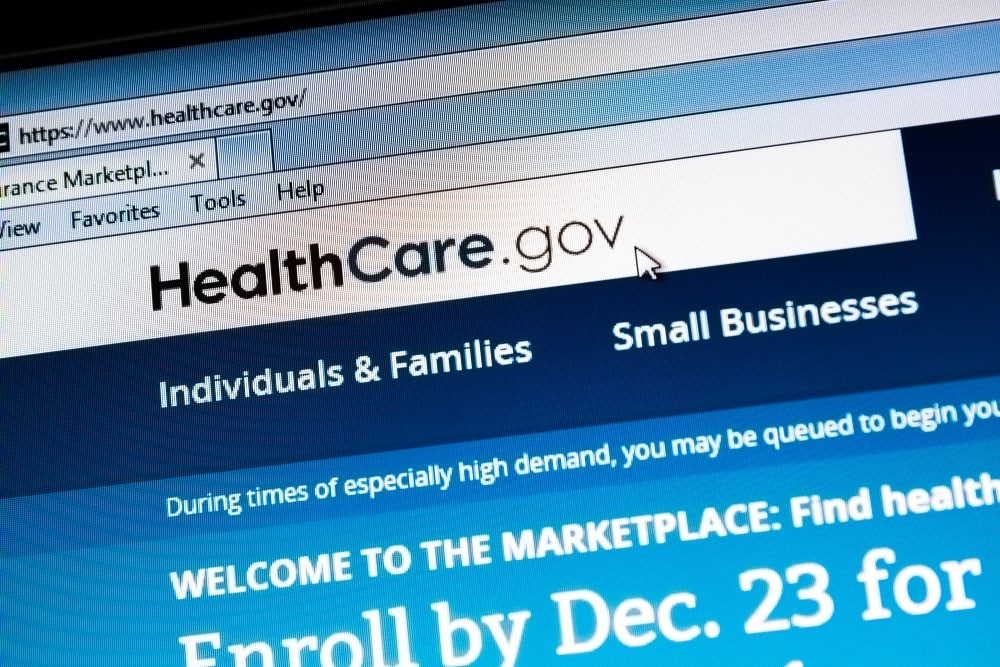Preventive Care Takes a Hit — We’ll All Get Bruises
COMMENTARY

Thirteen years after its passage, one of the Affordable Care Act’s most popular provisions, which guaranteed preventive care services without consumer cost-sharing, has been struck down by a judge in Texas. If upheld, the decision in Braidwood Management Inc. v. Becerra could be a major hit to Americans.
The ACA provision at risk covered services recommended by the U.S. Preventive Services Task Force, including cancer screenings, behavioral counseling, immunizations and medications that can prevent various diseases. Approximately 60% (100 million people) of privately insured people received preventive care under the ACA in 2018, and about 55% of those receiving insurance through the ACA Marketplace obtained preventive care. While the breadth of impact is staggering in and of itself, the blow is even greater when you consider the ripple effects on the already poor health of Americans and on equity of care.
Cancer, diabetes, heart disease — they are all leading causes of death in the United States, and major contributors (90%) to the nation’s annual health care costs, which total over $4 trillion. If the screenings for these chronic conditions are no longer covered, more consumers may forgo testing and, in turn, be left to deal with higher costs for subsequent emergency room visits or more expensive treatments for conditions and diseases that could have been managed.
Preventive services help to ensure that individuals, regardless of their socioeconomic status, race, ethnicity or other demographic factors can access potentially lifesaving screenings without breaking the bank. Resuming consumer payment for preventive care or creating a patchwork of coverage only widens the inequity of care across the country.
In another blow to health equity, the ruling in Braidwood Management Inc. v. Becerra separately finds the ACA mandate to cover pre-exposure prophylaxis (PrEP) — a medication that can reduce the risk of sexually transmitted HIV by 99% — illegal under the Religious Freedom Restoration Act. A study published last month estimates that this ruling will lead to additional HIV infections each year.
Forgoing care due to cost is not a new phenomenon in the United States. According to a recent Alliance for Women’s Health and Prevention/Ipsos poll, nearly half of American women were forgoing preventive care services ahead of the Braidwood decision. In a recent Morning Consult survey, half of U.S. adults said costs were the reason they had either delayed or skipped care. With so many Americans falling behind on preventive screenings during the pandemic, additional costs are unlikely to rectify that number. It is no surprise that a plurality of Democrats, independents and Republicans disapprove of the court ruling, according to another recent Morning Consult survey conducted last week.
While the Biden administration announced plans to appeal the ruling, it has rightfully caused stress among physicians and patients alike. If the decision is upheld, states, along with public and private insurers, will need to decide which, if any, services they can and will continue covering. Recent research has shown that first-dollar coverage of clinical preventive services accounts for a very small amount of total employer health spending and that over 80% of employers would continue to fully cover preventive services. With respect to states, 15 have enacted laws requiring insurers to cover preventive services required by the ACA without cost-sharing; the recent ruling will likely inspire other states to consider moving in this direction. However, states do have some limitations in that the Employee Retirement Income Security Act prohibits states from regulating self-funded employer plans, which cover the last year for people with employer-sponsored insurance, including requiring coverage of certain services.
While reducing cost-sharing to lift financial barriers has led to modest increases in uptake of services overall and substantial increases for financially vulnerable individuals, additional policies to increase use of these services should be considered regardless of the ultimate ruling in this case. This is because there is significant room for improvement in the use of high-value clinical preventive services among the public.
Strategies should include improving education to patients about the importance of these services and increasing convenience through coordinating them with existing visits and utilizing mobile screening units. Physicians and other health care professionals must also be further incentivized through quality metrics and reimbursement so that their accountability increases as well. Nevertheless, if the recent ruling is upheld, Americans may need to choose between putting food on the table and screening for a disease. It will be up to policymakers and insurance companies to decide whether they are willing to fight for the health of the nation.
Dr. Anand Parekh is chief medical advisor at the Bipartisan Policy Center where he provides clinical and public health expertise across the organization. He previously served as a deputy assistant secretary of health at the U.S. Department of Health & Human Services and is the author of “Prevention First: Policymaking for a Healthier America,” published by Johns Hopkins University. Dr. Parekh can be reached on Twitter.
























